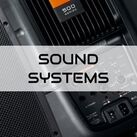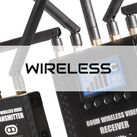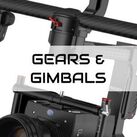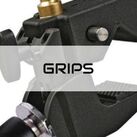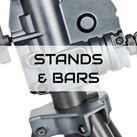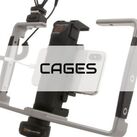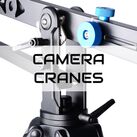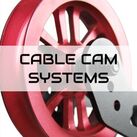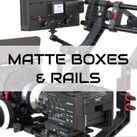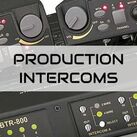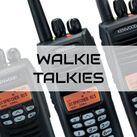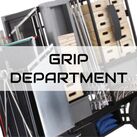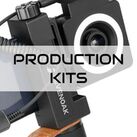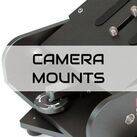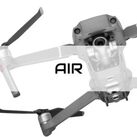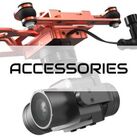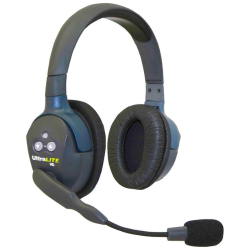The Right Production Intercom System For You
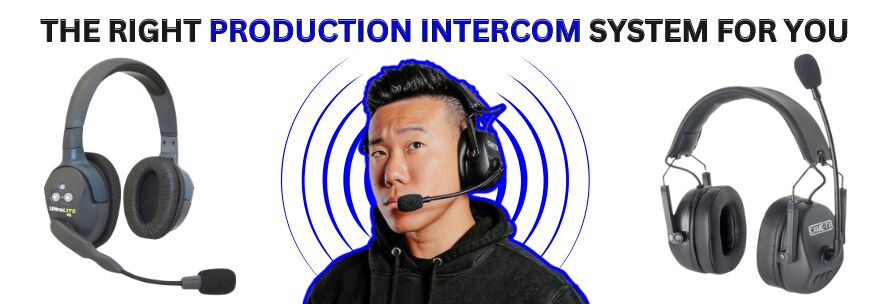
Choosing the right production intercom system is crucial for seamless communication and coordination during various production scenarios, whether it's a live event, broadcast, theatre production or film shoot. With a wide range of options available, understanding your communication needs and selecting the appropriate system can greatly enhance efficiency and productivity.
Understanding Your Communication Needs
Assessing the Scale and Complexity of Your Production
When it comes to choosing the right production intercom system, the first step is to understand the scale and complexity of your production. Are you working on a small indie film with a tight-knit crew, or are you part of a large-scale production with multiple departments and complex communication needs? Knowing the size and intricacies of your production will help determine the type of system that will best suit your needs.
Identifying Key Communication Requirements
Once you know the scale of your production, it's time to identify the key communication requirements. Think about how many people will need to communicate with each other during the production process. Are there specific teams or departments that require seamless communication? Will you need the ability to have private conversations or conference calls? By understanding these requirements, you'll have a clearer idea of the features and capabilities you need in an intercom system.
Types of Production Intercom Systems
Wired Intercom Systems
Wired intercom systems are like the old-school landline phones of the intercom world. They involve physically connecting stations and beltpacks through cables. These systems are reliable, offer high audio quality, and are suitable for smaller productions or fixed-location setups. However, the downside is that you're tethered to the cables, limiting mobility and flexibility.
Wireless Intercom Systems
If you value freedom and mobility, wireless intercom systems are the way to go. These systems use radio waves or digital signals to transmit communication, allowing you to move around without being tied down by cables. Wireless systems are ideal for larger productions or situations where mobility is crucial. Just remember to consider the range and battery life when choosing a wireless system, as these factors can impact performance.
Hybrid Intercom Systems
For those who want the best of both worlds, hybrid intercom systems offer a combination of wired and wireless capabilities. These systems provide the flexibility of wireless communication while still allowing you to integrate wired devices when needed. Hybrid systems are often used in productions where both fixed locations and mobility are required, providing a versatile solution.
Factors to Consider Before Choosing a System
Compatibility with Existing Equipment
Before investing in a production intercom system, it's essential to ensure compatibility with your existing equipment. Check if the system integrates smoothly with your audio consoles, cameras, or other communication devices. You don't want to end up with a system that isn't compatible and leaves you with a tangled mess of unnecessary equipment.
Scalability and Expansion Options
Consider the future growth and scalability of your production when choosing a system. Will you need to add more stations or channels as the production expands? Look for a system that allows for easy expansion and integration with additional devices. You don't want to be stuck with a limited system that outgrows your needs.
Ease of Use and User Interface
Remember, you'll be using this intercom system for the duration of your production, so it needs to be user-friendly. Look for a system with an intuitive user interface and controls that are easy to navigate, even in high-pressure situations. The last thing you need is a complicated system that leaves you fumbling around like a confused extra in a scene.
Evaluating System Features and Capabilities
Number of Channels and Stations
The number of channels and stations your intercom system supports is crucial. Assess how many different communication paths you'll need and ensure the system can handle that load. Having enough channels and stations will prevent bottlenecks and enable seamless communication between different teams.
Audio Quality and Clarity
Let's face it, you don't want your production team sounding like a distorted robot on a bad connection. Look for a system that offers high audio quality and clarity to ensure clear communication without any annoying static or muffled voices. Your team will thank you.
Range and Coverage
For wireless systems, range and coverage are essential factors to consider. Make sure the system has sufficient range to cover your production area and any potential dead zones. The last thing you want is to lose connection in the middle of a crucial scene or have team members stranded in a communication black hole.
Check out our range of Production Intercom Systems
Comments
No posts found






